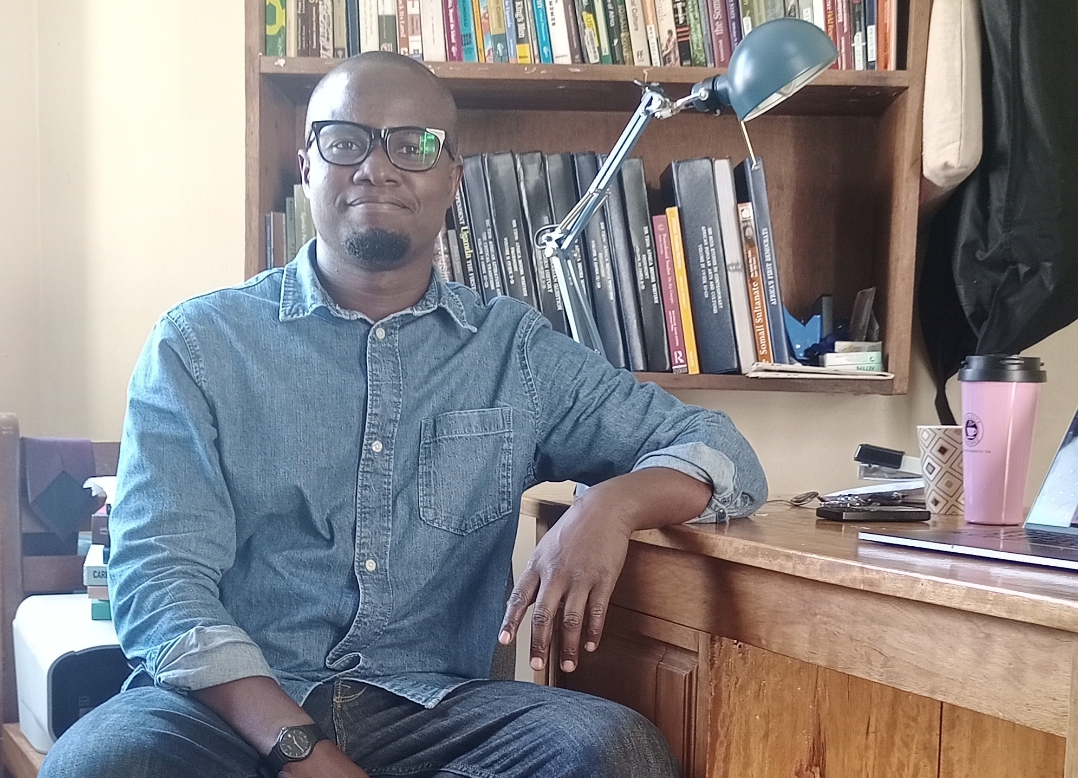Making Somaliland: Popular Culture, Identitiy and National Consiousness
Joseph Serunkuma
Exploiting the craft and aesthetics of popular culture —music, poetry, paintings, monuments, coffeehouses, fliers, flags, popular narratives, national celebrations, cultural sites, book fairs — through extensive ethnography in Hargeisa, my project examines the ways in which Somaliland nationalism is imagined and mobilised after the 1991 civil war. This study tentatively, broadly concludes that Somaliland is constructed and represented mimetically as a foil for Somalia. Specifically, in its secessionist ideations, Somaliland is mobilized as standing for (a) a stricter Islamic public identity, (b) victims of a failed anti-colonial nationalist project, which ended in genocide and human rights abuses, and (c) a ‘progressive’ state; democratic and free, of literatis and open to the outside world, anti-extremism, and stable. All three knots are defined discursively and institutionally in ways that portray Somalia-Mogadishu as a permanent interlocutor with Somaliland, but of a colonial type. The study also notes the presence of counter-articulations or divergent expressions of identity and nationalist sentiment visible in unofficially sponsored popular cultural expressions, and diasporic agents, but these are largely marginal to the mainstream articulations. Reflecting on the scholarship of Somaliland after 1991, and the general scholarship on nationalism, this study concludes that although most of scholarship celebrates the peace and stability in Somaliland, which has gone on for the last 25 years, sustaining the images and histories of violence and victimhood in its public psyche and institutional symbolisms suggests it has remained a country at war. Secondly, by defining itself in essentially internationalist terms – democratic, victims of genocide, cosmopolitan – Somaliland surrenders both the power to define itself, and any claims of autonomous existence (cultural-traditionalist) to the international regime of power, which defines those terms. On secessionist nationalism, this study seeks to destabilize and extends conventional conceptualisations of nationalism in the sense that it imagines nationhood by de-imagining an earlier unit. If anti-colonial nationalism sought to harmonise both the internal and external references as it sought to be traditional and modern at the same time, secessionist nationalism builds on ‘de-imagination,’ and is essentially external. It is outside-looking, making it internationalist, and universalist in a way that strategically silences the traditional articulations of identity.
Finanzierung
DAAD KA 107 Grant for international student and lecture mobility
Betreuung
Prof. Dr. Olaf Zenker
Prof. Dr. Günther Schlee


